**by Bailey Hults**
Parent Dan Hanfling spent nearly two weeks in the rubble at the Pentagon after the Sept. 11, 2001, attacks. As a medical team manager for the Fairfax County Urban Search and Rescue team, Hanfling responds to federal emergencies. He and his team went to work that day to search for missing victims and clear the area, later realizing the enormous impact of 9/11. Hanfling took some time to talk with the Black & White about his experience at the Pentagon, the rescue efforts and the emotional impact of 9/11.
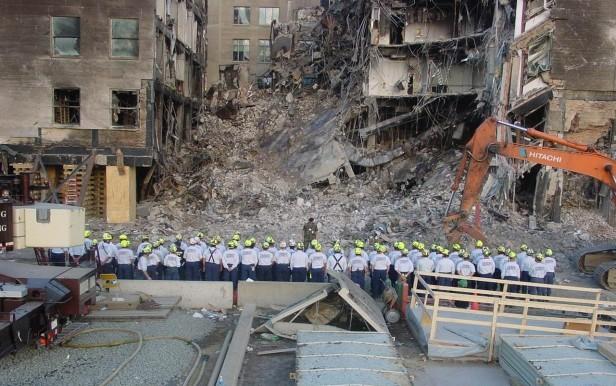
Black & White: How did you get involved with cleaning up after the plane crash at the Pentagon?
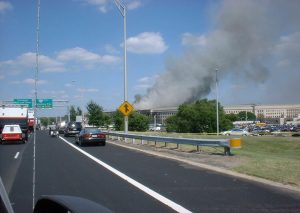
Dan Hanfling: I am one of the medical team managers for the Fairfax County Urban Search and Rescue team, which is part of a federal emergency program. On the morning of 9/11, our team, and ultimately the entire system, was activated in response to the attacks in New York and Washington D.C. Initially, I thought I was going to be in NYC, but as we got our team together, I realized we were just driving down the road to the Pentagon.
BW: What exactly did you do to help out?
DH: The team’s mission is to identify and rescue victims who may be trapped in collapsed buildings. We are one of two teams that are sent out around the world. The plane crashed at the Pentagon at around 9:40 a.m., and we arrived around 12:30 p.m. I remember coming up in the bus to see smoke and fire, and it was hard to believe. We were literally pulling up to a scene of the disaster; the fire was still burning, and smoke was everywhere. I’ve been around the world to earthquakes and all sorts of other disasters, but I’ve never helped at something happening right in my backyard.
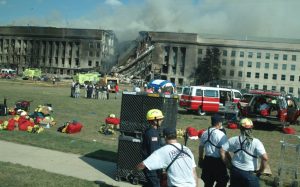
So our team established our plan and started to go through the parts of the Pentagon that were not on fire to find victims. By mid-afternoon, it was clear that anyone who had survived had come out. We looked for live victims, and eventually focused on recovery effort. We had to stabilize the building, as about 40 support columns had been destroyed in the crash.
BW: How long did your team help at the Pentagon?
DH: Our team worked for almost two weeks. We started off in what we call “blitz mode,” which is when everyone is working and we don’t really realize what’s going on. Then we gradually fell into a regular schedule, and our team got the nighttime schedule. We were there all day on the 11th, left sometime during the day of the 12th and came back that night. It was a very busy time, but we found victims, and eventually found the black box [contained flight data and cockpit voice recorders] that was very important for the investigation.
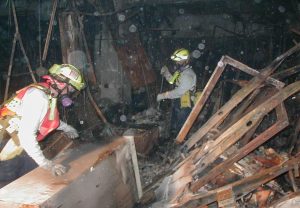
BW: Was the experience emotionally traumatic?
DH: It definitely was a traumatic experience. When we first got the call and I didn’t realize how big this was, I was just glad to get some work. It was only later that the enormity of what had happened hit me. I just thought about my family, my kids and my wife. I thought about my dad who worked near the World Trade Center, and my best friend who worked in the World Trade Center. Over time, I got to chat with my wife and heard my dad was okay. After a few days, I found out my friend had been late to work that morning, and it had saved his life.
[nggallery id=37]




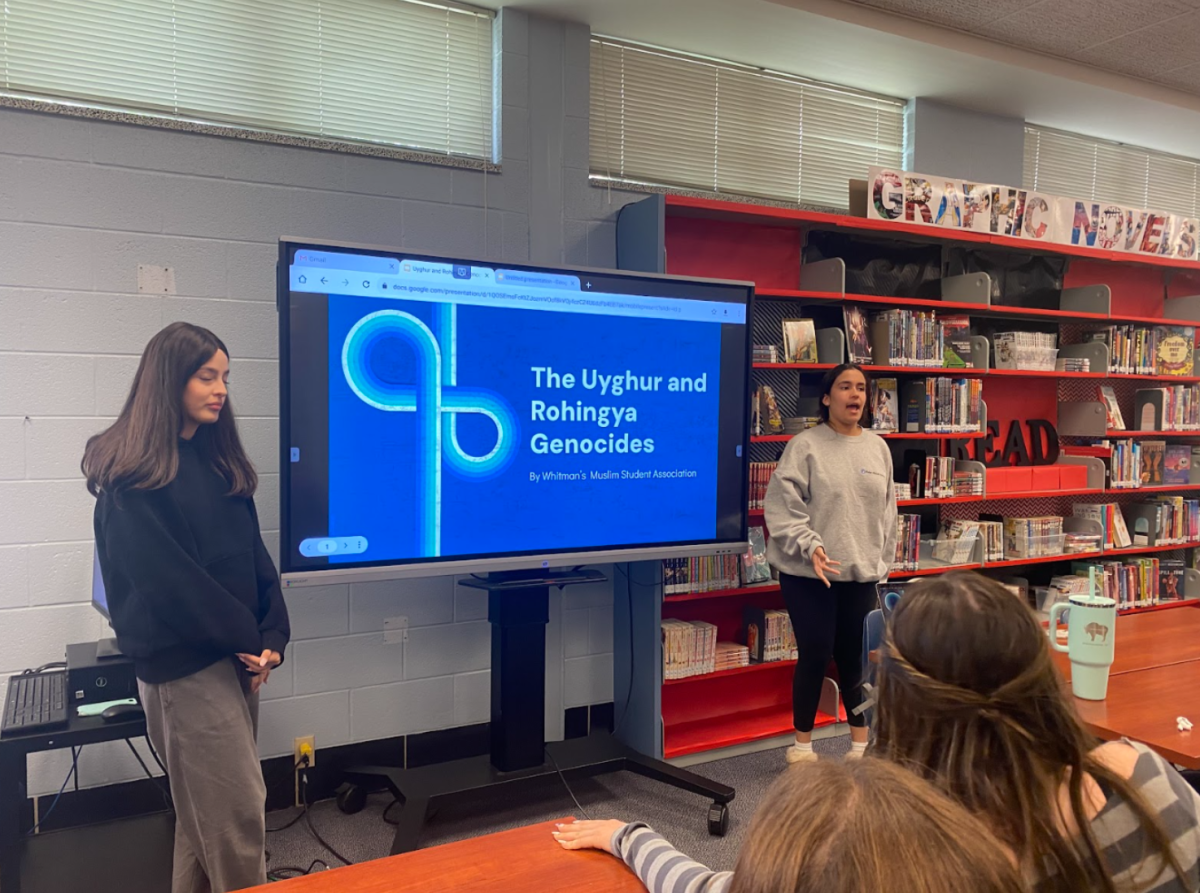
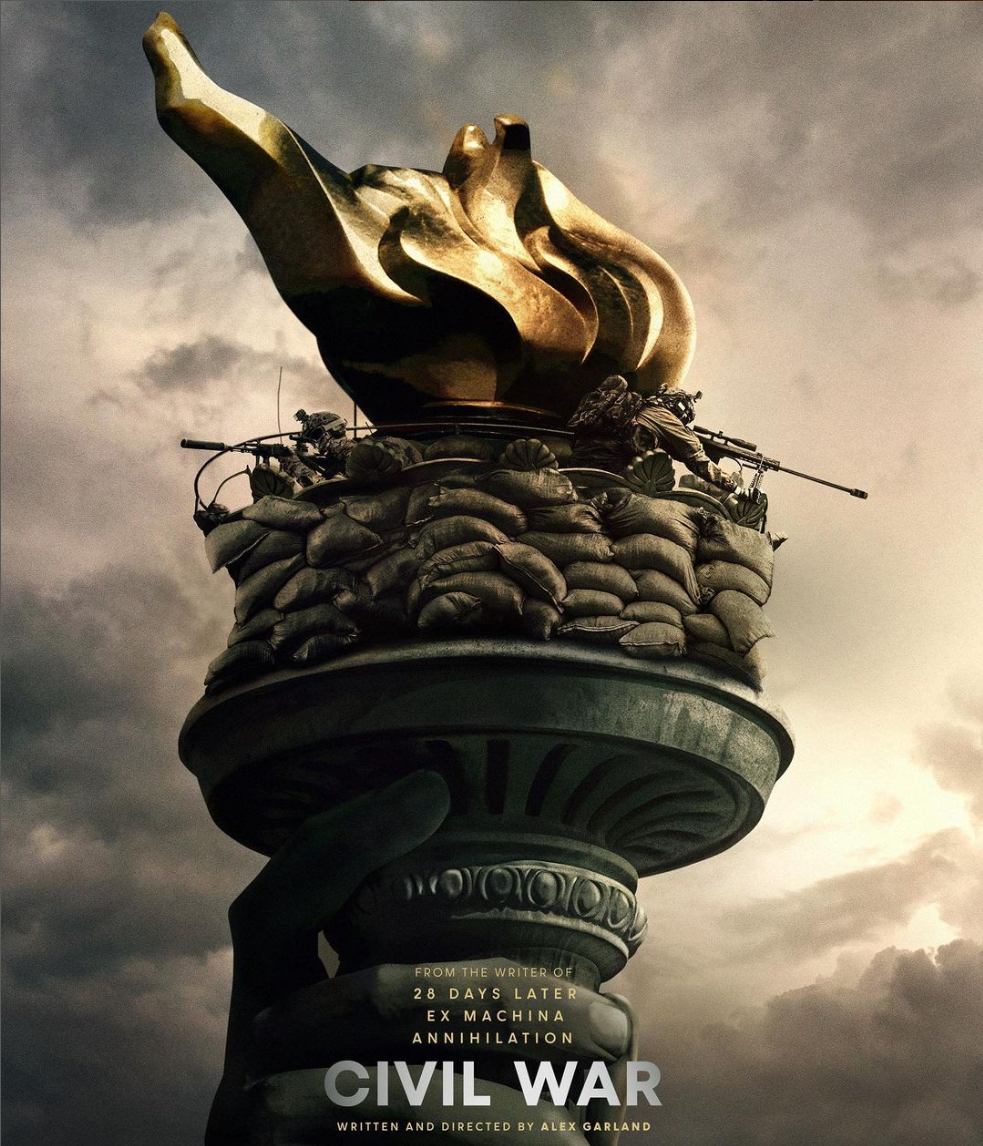
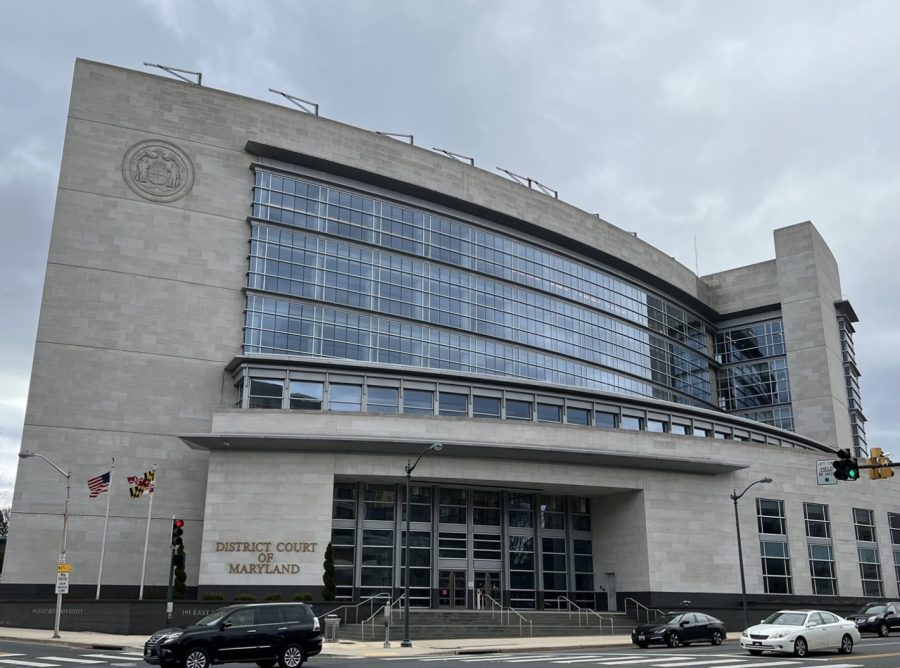


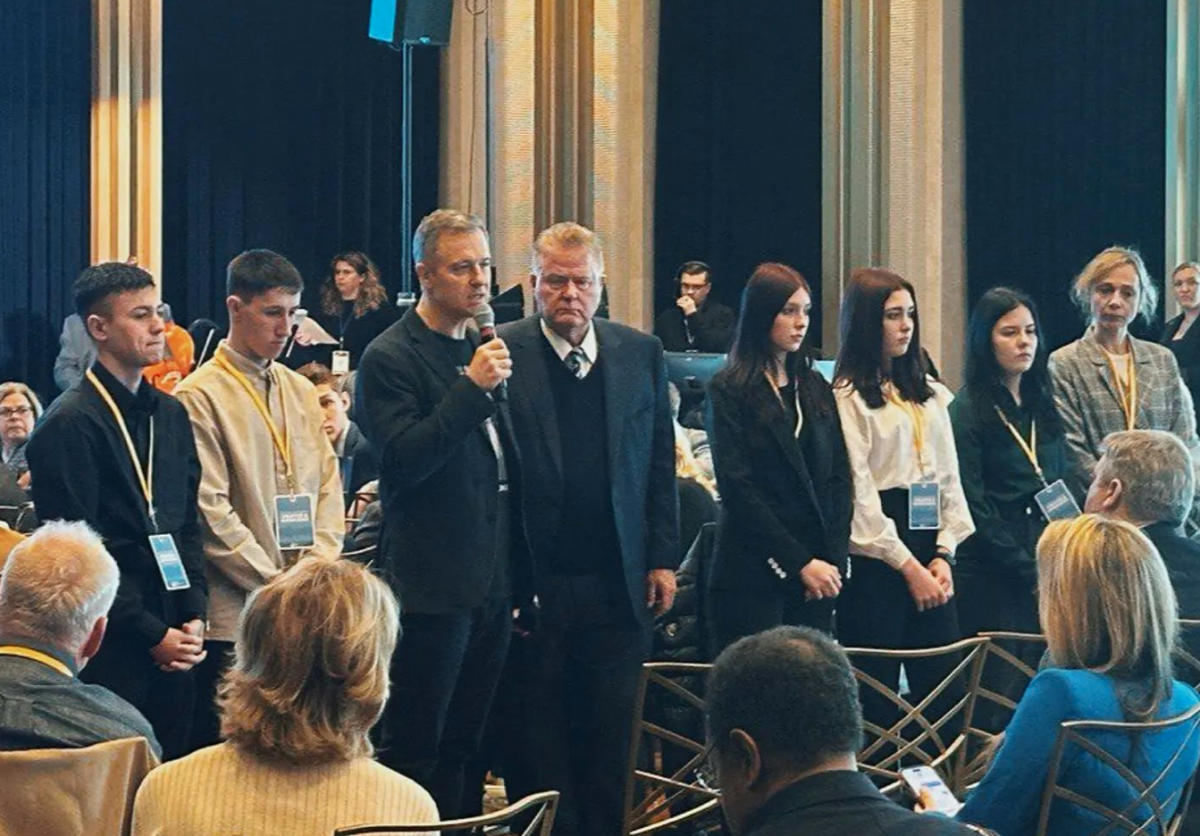


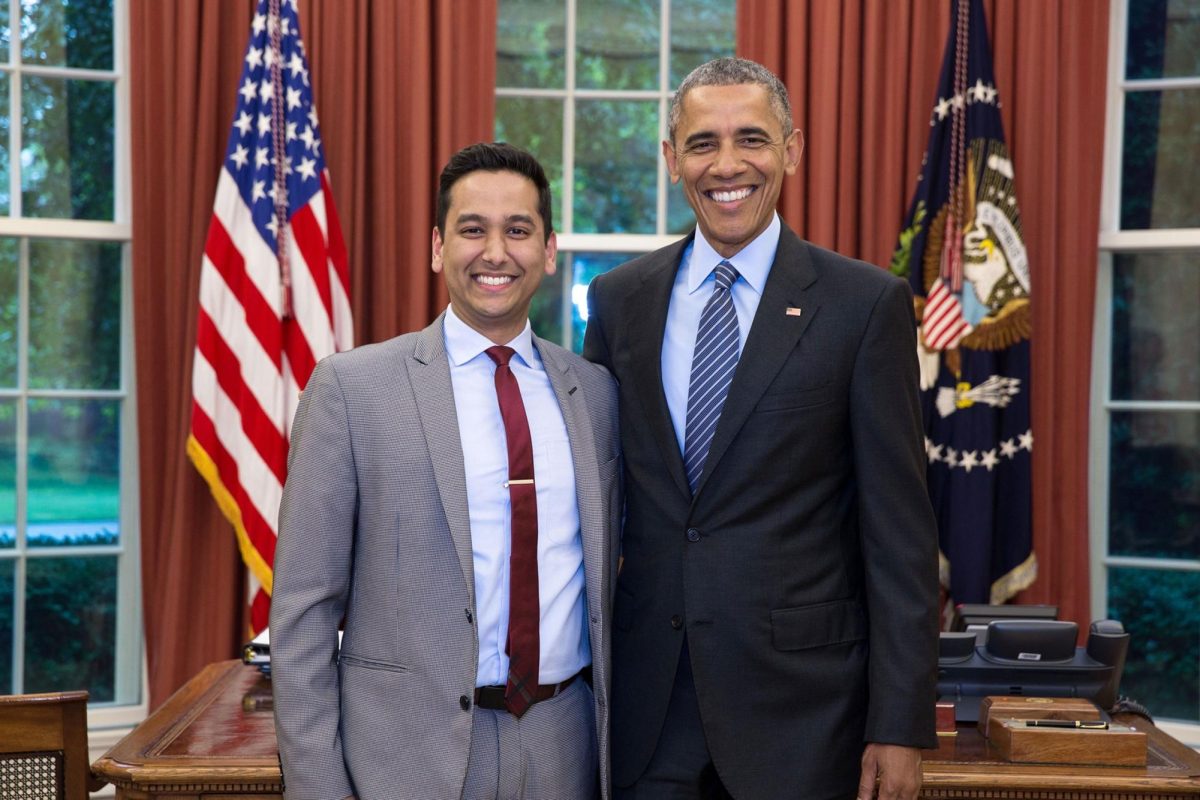

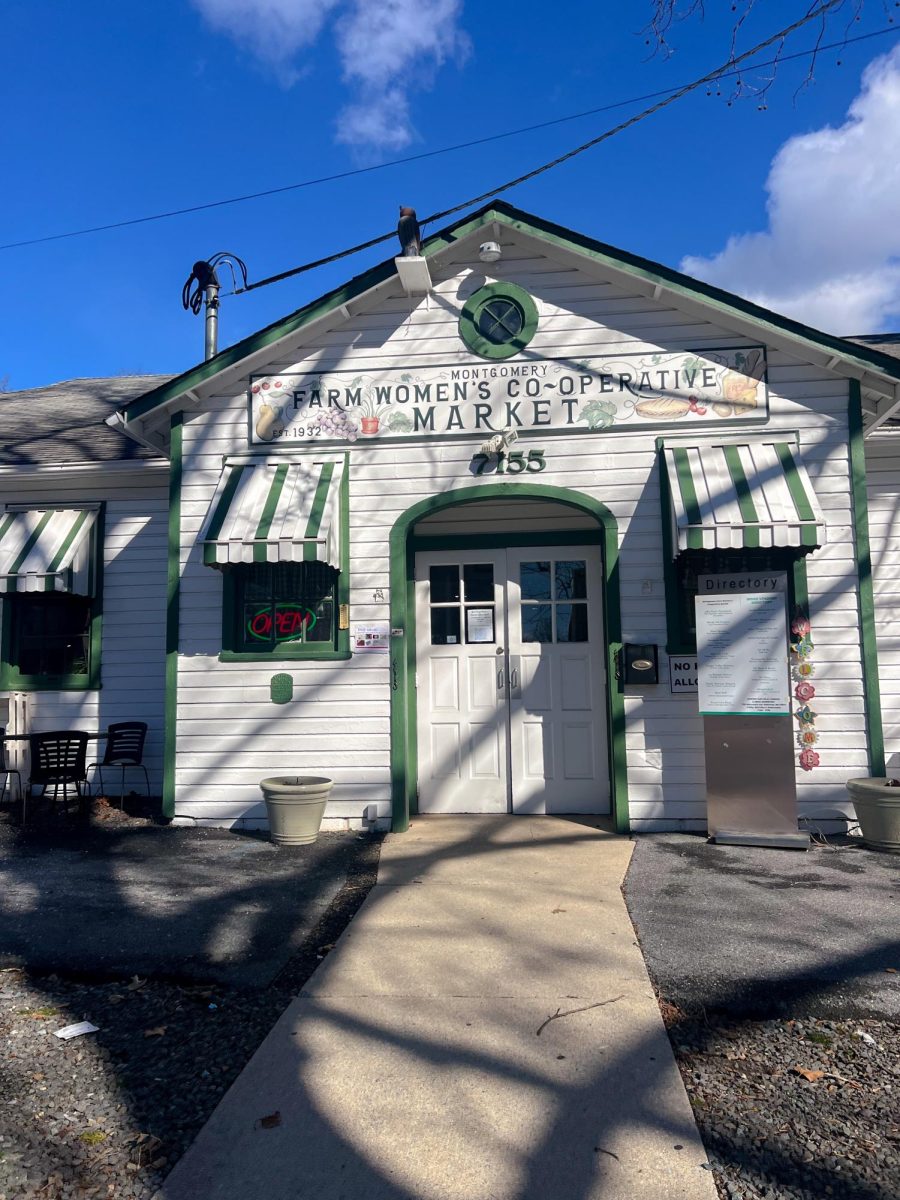
Sarina • Sep 11, 2011 at 3:38 pm
the last sentence really brought me to tears..